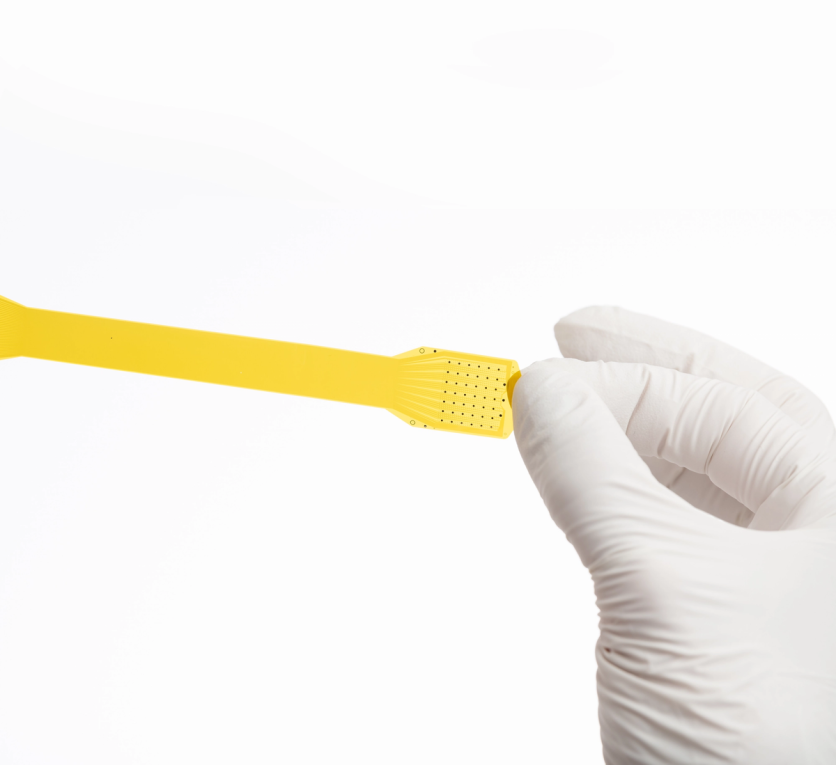Former Neuralink co-founder Dr. Ben Rapoport's Precision Neuroscience has now achieved a new feat on its brain chip, setting a new record with 4,096 electrodes placed on a human brain. This latest achievement also brings a significant improvement for neuroscientists and researchers to better monitor the brain's activity via the neurons.
In this new standard set by Precision Neuroscience, the rising brain chip industry is seeing significant growth, especially with Neuralink, also known for its first successful implant in the past.
Precision's Brain Chip Sets Record With 4.096 Electrodes on Brain
Precision Neuroscience shared its latest milestone on its brain-computer interface (BCI), which it recently placed on a human brain in collaboration with the Mount Sinai Health System, successfully placing 4,096 electrodes on cerebral matter.

This is more than twice the number of electrodes from last year's record of 2,048 from Hao Tan and his team.
It centers on Precision's Layer 7 Cortical Interface, which features a thin-film microelectrode array with 1,024 mini electrodes in a lattice pattern. Precision's device is modular, can fit multiple films into one, and requires minimal neurological surgery.
Their significant feat was done in April as part of a clinical study in the testing phase of its BCI implant.
What Do More Electrodes on the Human Brain Mean?
The company claimed that electrode count is an important metric here, especially as the more embedded in the brain, the better data transmission and results are expected. Precision's Layer 7 Cortical Interface is not as invasive as other brain chips as it only atop the human brain, unlike its competitors that require it to penetrate the grey matter with Neuralink inserting it 3mm to 5mm deep and plans to go deeper in its next tests.
Precision Neuroscience vs. Neuralink
Dr. Rapoport has seen two neurotechnology companies in his life, having led both of them already since they were made, but his stint with Neuralink, a company he co-founded with Elon Musk and others, was a short one. This was because 'safety' concerns bothered him, and this disagreement led him to leave the company and form Precision Neuroscience.
Dr. Rapoport previously revealed this in the Wall Street Journal's The Future of Everything podcast, detailing how he went from Neuralink down to leading his team at Precision.
This interview came after Musk and Neuralink's successful brain chip implant operation for its first-ever human test subject after years of seeking approval to move forward with it.
Precision Neuroscience, as spearheaded by Dr. Rapoport, has safety in mind, and its take on a brain-computer interface is not invasive, one that only sits atop a brain, unlike its competitors. Its recent human application saw 4,096 electrodes on top of the brain, the most there ever is for the neurotech industry, more than double last year's record.

ⓒ 2025 TECHTIMES.com All rights reserved. Do not reproduce without permission.

![Best Gaming Mouse For Gamers With Smaller Hands [2025]](https://d.techtimes.com/en/full/461466/best-gaming-mouse-gamers-smaller-hands-2025.png?w=184&h=103&f=6fd057ef777bd39251d4e7e82e9b23f1)


